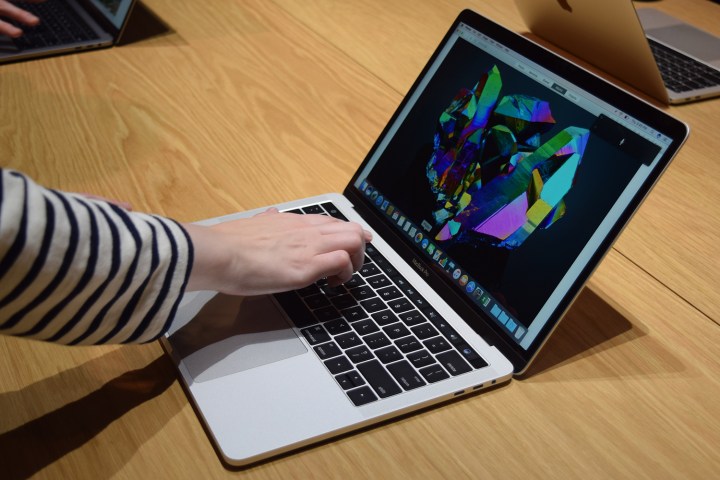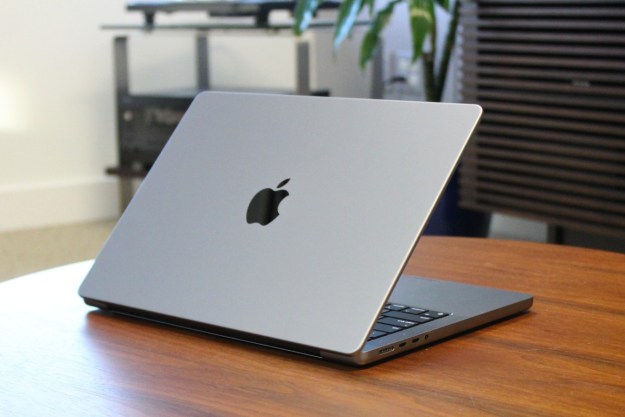
A vulnerability on most modern PCs and Macs could leave your data exposed. Cybersecurity researchers at F-Secure discovered a weakness in the firmware of most modern computers could allow hackers access to encryption keys and other sensitive data.
Access to sensitive data is gained through a 2008-style cold boot attack, where the hacker forces a computer to restart without going through the normal shutdown process. The computer’s data is briefly accessible in the RAM after power is lost, but many modern devices overwrite the RAM to prevent unauthorized access to data during this type of attack. Researchers discovered that there is a way to disable the overwrite process, essentially reviving the decade-old method of attack.
“The attack exploits the fact that the firmware settings governing the behavior of the boot process are not protected against manipulation by a physical attacker,” F-Secure wrote in a blog post. “Using a simple hardware tool, an attacker can rewrite the non-volatile memory chip that contains these settings, disable memory overwriting, and enable booting from external devices. The cold boot attack can then be carried out by booting a special program off a USB stick.”
Despite the seriousness of the findings, the vulnerability may not be as damaging given that to carry out this exploit, hackers would need physical access to your device. If a hacker has physical access, the exploit can be conducted in approximately five minutes, researchers cautioned.
F-Secure shared its findings with Microsoft, Apple, and Intel, but given that physical device access is required for this type of attack, it doesn’t appear that a fix may be coming soon. Newer Mac systems with a T2 chip aren’t affected by this attack, and Microsoft claims that enabling pre-boot authentication with a PIN or startup key with BitLocker could help mitigate these risks. These more advanced security tactics, however, aren’t available to general consumers who run Windows 10 Home edition.
“Unfortunately, there is nothing Microsoft can do, since we are using flaws in PC hardware vendors’ firmware,” F-Secure principal security consultant Olle Segerdahl told TechCrunch. “Intel can only do so much, their position in the ecosystem is providing a reference platform for the vendors to extend and build their new models on.”
Editors' Recommendations
- Qualcomm just made some bold claims about gaming on ARM PCs
- MacBooks could finally get Face ID to boost your security
- This critical exploit could let hackers bypass your Mac’s defenses
- This Mac malware can steal your credit card data in seconds
- Windows 11 could be hurting your gaming performance


